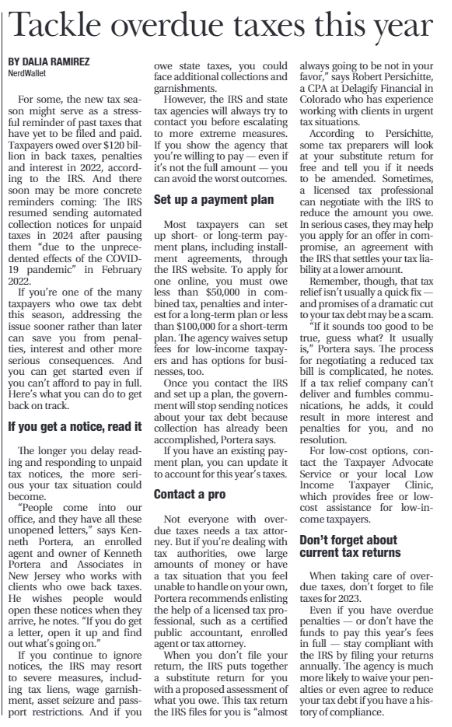1. Assess the Situation:
Before taking any action, it's crucial to assess the situation and understand the extent of your overdue taxes. Gather all relevant documents, such as tax returns, notices from tax authorities, and any correspondence related to your tax situation. This will provide a clear picture of the amount owed and the specific issues that need to be addressed.
2. Open Communication with Tax Authorities:
Don't ignore letters or notices from tax authorities. Open and honest communication is key. Contact the relevant tax agency to discuss your situation. They may be willing to work with you to establish a payment plan or explore other options. Ignoring communication may lead to additional penalties and interest.
3. Explore Payment Options:
Many tax authorities offer various payment options for overdue taxes. These may include installment plans, where you can spread payments over several months. Inquire about the available options and choose one that aligns with your financial situation.
4. Negotiate Penalties and Interest:
In some cases, tax authorities may be willing to negotiate or reduce penalties and interest accrued on overdue taxes. Be prepared to explain any circumstances that led to the delay, and present a compelling case for penalty abatement. While success isn't guaranteed, it's worth exploring this option.
5. Consider Professional Help:
If your tax situation is complex or if you're unsure about the best course of action, consider seeking professional assistance. Tax professionals, such as accountants or tax attorneys, can provide guidance, help you understand your options, and represent you in discussions with tax authorities.
6. Create a Realistic Budget:
Develop a realistic budget that includes your overdue tax payments. Prioritize these payments to avoid falling further behind. Adjust your spending habits, if necessary, to ensure you can meet your tax obligations without compromising other financial responsibilities.
7. Stay Informed About Tax Laws:
Stay informed about changes in tax laws that may impact your situation. Being aware of any updates can help you make informed decisions and take advantage of any new programs or incentives that may be available.
8. Set Up a System for Future Compliance:
Establish a system to stay on top of your tax obligations going forward. Consider setting aside funds regularly for future tax payments, and keep meticulous records to simplify the filing process.
Handling overdue taxes requires proactive steps, open communication, and a commitment to resolving the issue. By assessing your situation, exploring payment options, and staying informed, you can take control of your tax obligations and work towards financial stability. Remember, seeking professional advice when needed can make the process smoother and more manageable.
Also seen in the Daily Herald on January 28, 2024:
https://www.dailyherald.com/20240128/finance/tackle-overdue-taxes-this-year/



 RSS Feed
RSS Feed


